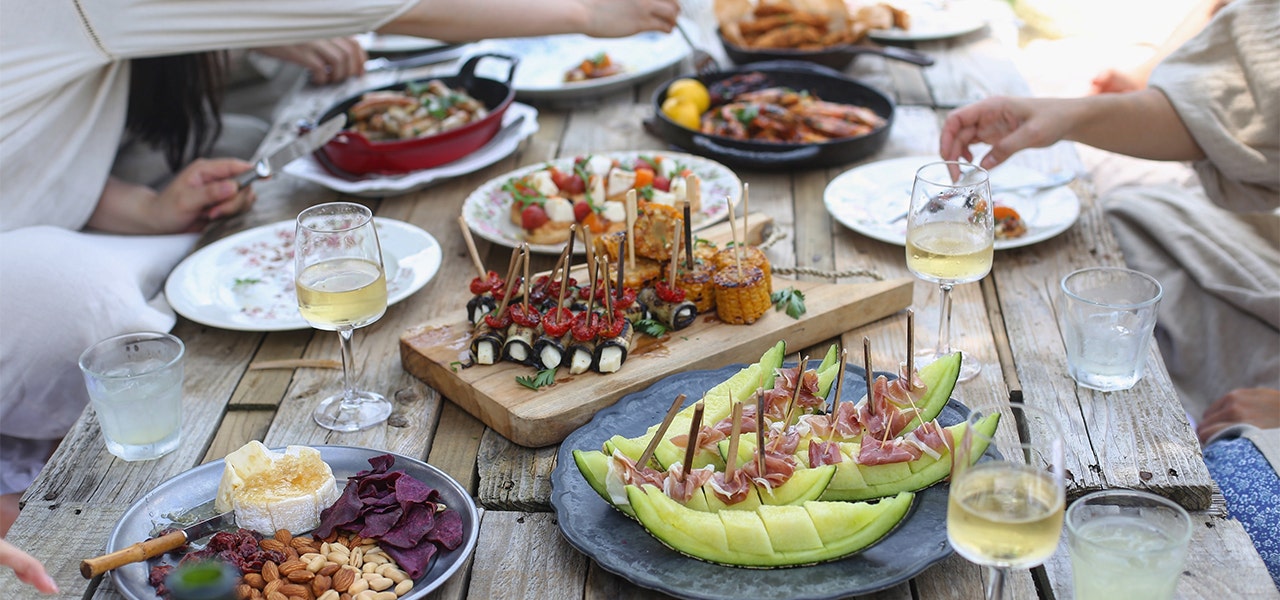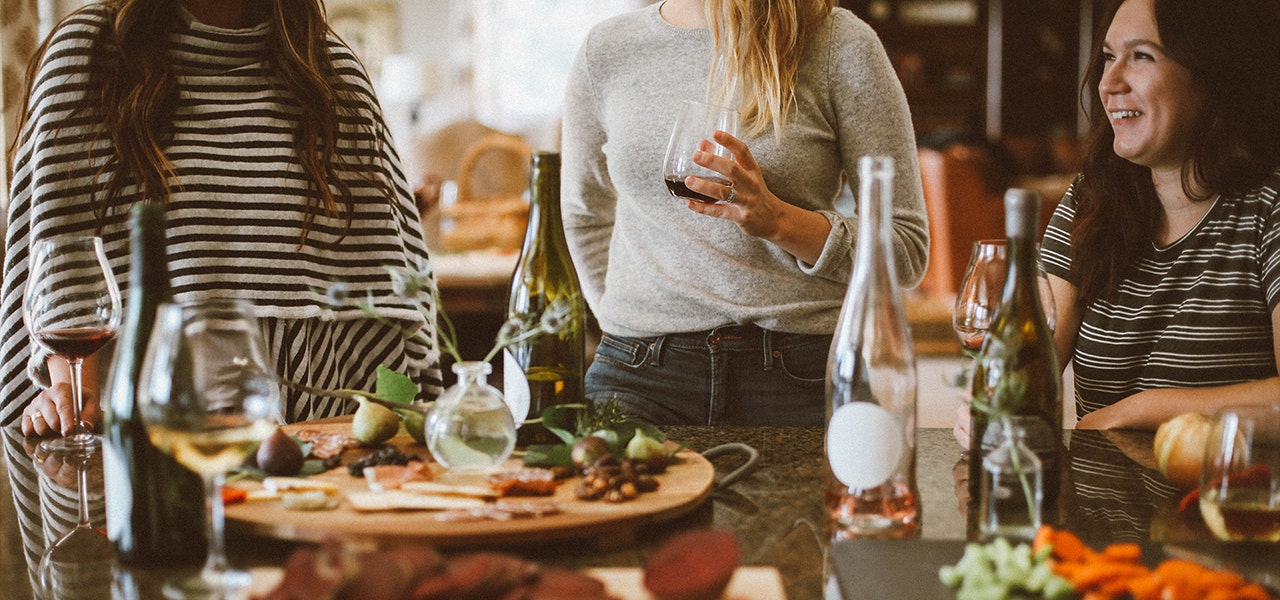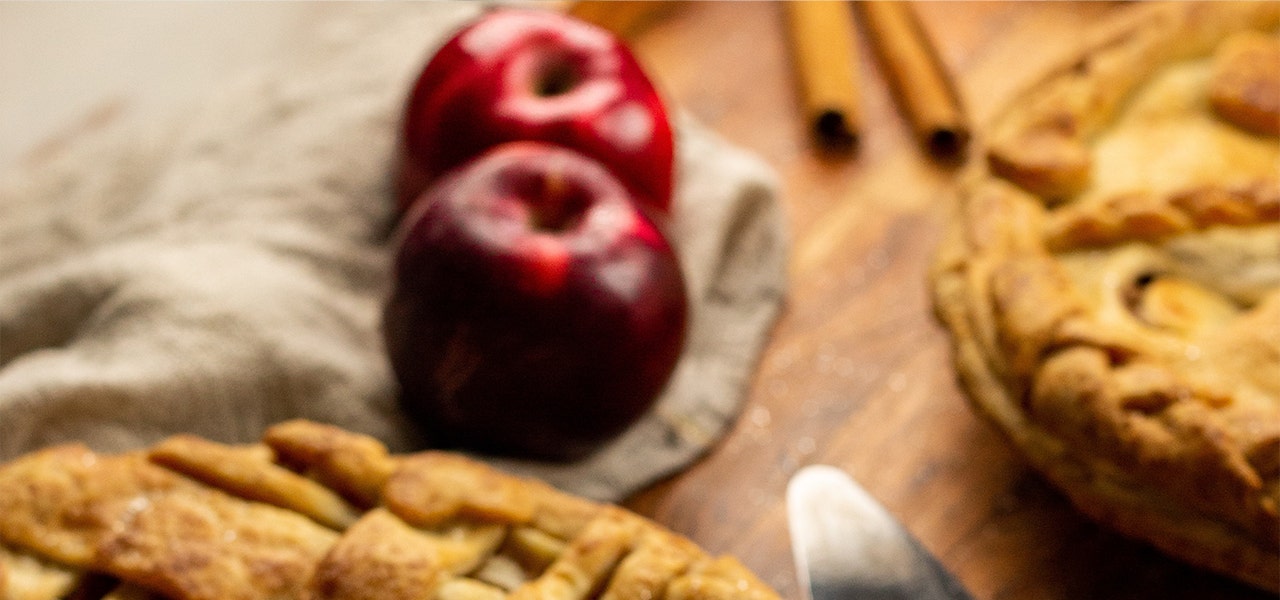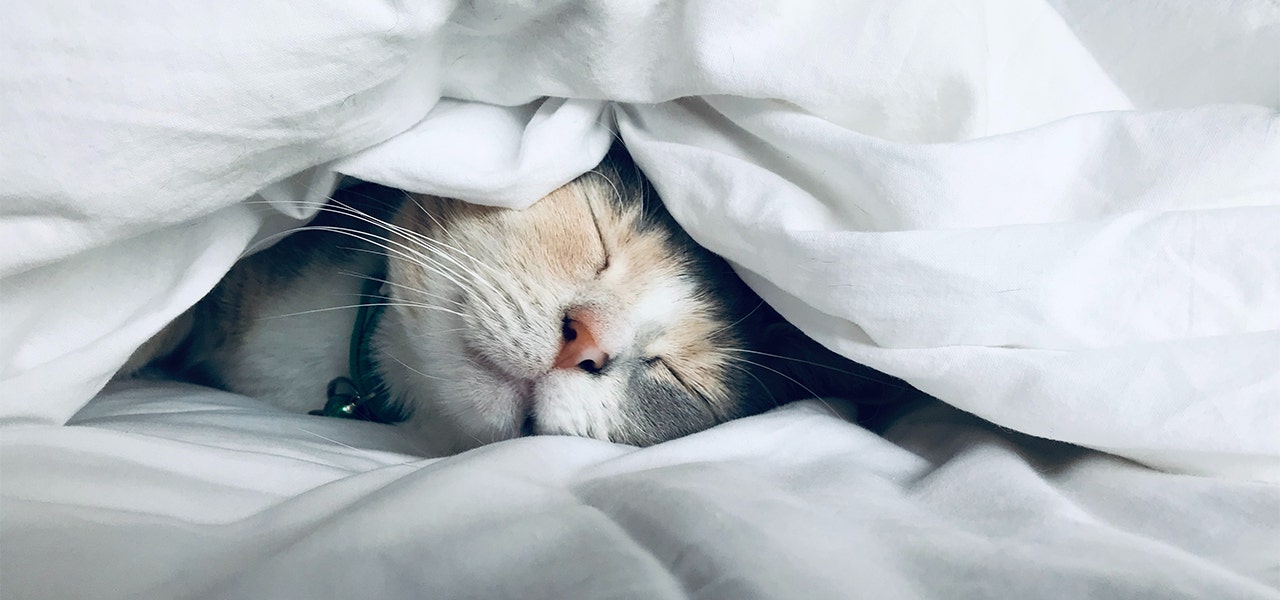We've all been there – sprawled out on the couch after a Thanksgiving meal, dozing in and out of consciousness to the gentle lullaby of Thursday night football...
You're experiencing what's medically referred to as postprandial somnolence, which you may know better as the food coma. (Cue Beethoven’s Fifth.) But, what causes a food coma? And what can you do to prevent it? Read on for everything you need to know to battle the dreaded food coma this Thanksgiving.
What Is a Food Coma?


Postprandial somnolence literally translates to “after-meal sleepiness” – hence the colloquial term “food coma.” While the word “coma” may sound dramatic, you don’t actually lose consciousness from a food coma, and symptoms usually only last an hour or so.
Post-meal sleepiness … what exactly does that look like? Symptoms of a food coma might include:
- Drowsiness
- Fatigue
- Lethargy
- Bloating
- Brain fog
What Causes a Food Coma?


Despite the commonness of food comas, they aren’t well studied, and doctors aren’t quite sure what causes postprandial somnolence. There are, however, a few theories.
Big Meals
The meal most commonly associated with food comas is Thanksgiving … and this may shed some light onto one possible cause. Many people experience symptoms of postprandial somnolence after Thanksgiving dinner such as bloating (it’s called stuffing for a reason!) and drowsiness (hence the post-meal doze on the couch).
In line with this common experience, research suggests that overeating can trigger a food coma. In one study, truck drivers who ate a “prudent” diet exhibited less drowsiness behind the wheel than those who did not. In another study involving fruit flies, larger meals correlated with longer postprandial sleep.
Unbalanced Meals
We’re taught from a very young age that a healthy body requires a well-balanced diet – and here’s another reason why.
Eating a meal filled with high-carb and high-sugar foods causes your blood sugar to spike and then crash, which just may lead to a food coma. A high-fat meal causes the release of cytokines, a small protein linked to fatigue. A high-protein meal involving chicken, eggs, cheese and, you guessed it, turkey, may raise your levels of tryptophan, an amino acid that increases the amount of the hormone serotonin in your brain, which is linked to sleep.
If this all sounds complicated, that’s because it is! The relationship between the foods we eat and how our body responds is complex. Definitively determining which hormones, proteins and other substances can cause postprandial somnolence requires more research.
Ill-Timed Meals
What many refer to as a food coma may be known to others as the “afternoon dip.” It’s normal to feel low energy after lunch – in some European countries, the “siesta,” or afternoon nap, is a common practice. But what you might want to blame on your lunch may actually be pure coincidence.
Your circadian rhythm, or your body’s internal clock, dips in the afternoon for many people – halfway between your morning alarm and bedtime. This may lead to drowsiness that just so happens to coincide with your midday meal.
5 Ways to Prevent a Food Coma


So, we’ve covered why you might fall victim to the infamous food coma. Now, you’re probably wondering what (if anything) you can do to prevent post-meal sleepiness on Thanksgiving Day … and beyond! Here are five tips.
1. Watch Portion Size
If eating large portions is linked to sleepiness, it follows that keeping portions moderate and practicing intuitive eating – listening to your body’s cues that you are hungry or full – are ways to prevent a food coma.
Don’t worry, you can still try all the foods at the Thanksgiving feast. Just start with smaller portions of everything – if you’re still hungry after round one, you can always opt for seconds!
2. Eat a Balanced Diet
We get it. It’s Thanksgiving. You’re going to eat the mashed potatoes, you’re going to eat the turkey, you’re going to eat the gravy and you’re going to load up a roll with some butter and eat that, too. And that’s okay!
But, in the interest of preventing a food coma, if you are going to eat these rich foods, high in carbs, fat and protein, try pairing them with lighter foods like fruits and vegetables. That is to say, save some real estate on your plate for the green bean casserole, side salad or cranberry sauce, too.
3. Stay Hydrated
Dehydration can lead to drowsiness and other symptoms of a food coma, such as decreased alertness, memory and concentration. Thus, if you foresee eating a big meal, one way to prevent a food coma is to keep hydrated throughout the day.
Drinking water is great, but non-water-lovers can keep hydrated by consuming other liquids such as naturally flavored water, tea and milks (both dairy and non-dairy. However, coffee, sugary sodas and alcohol can actually lead to dehydration due to their diuretic qualities (aka, they lead to increased urination).
4. Limit Alcohol Consumption
Alcohol consumption (especially in excess) can lead to a food coma for a variety of reasons. First, drinking alcohol disrupts your circadian rhythm and leads to sleep disruptions. Lower quality sleep the night before eating a big meal = increased likelihood for a food coma.
Moreover, excessive alcohol consumption can lower your inhibitions and lead to excessive eating. And as we discussed earlier, excessive eating can bring on a food coma. Not to mention that alcohol in itself causes drowsiness, which you may mistake for a food coma!
5. Get a Good Night’s Sleep (Or Take a Nap!)


The best way to prevent drowsiness of any kind in most scenarios, including a likely food coma? You guessed it: getting a good night’s sleep. In advance. Regularly, if you can. Because if you go into a meal feeling tired, you’ll only feel more tired at the end – even with portion control, balanced eating, good hydration, etc.
Pro tip: a great night’s sleep starts with a great mattress. Naturepedic offers a line of certified organic and non-toxic, planet-friendly, comfortable and customizable mattresses (and bedding, too!) to help you achieve your best night’s sleep over the holidays and beyond. Naturepedic mattresses are:
- GOTS certified organic and MADE SAFE® certified non-toxic
- Made without chemical flame retardants and polyurethane foam
- Made with sustainably harvested materials that honor the planet
- Handcrafted with quality built to last
With Naturepedic, you can discover your best night’s sleep yet … which will give you one more thing to be thankful for! Plus, right now, you can get that best night's sleep for less when you shop our Black Friday sale.
 BABY
BABY  KIDS
KIDS  ADULT
ADULT  LEARN
LEARN  STORES
STORES 


